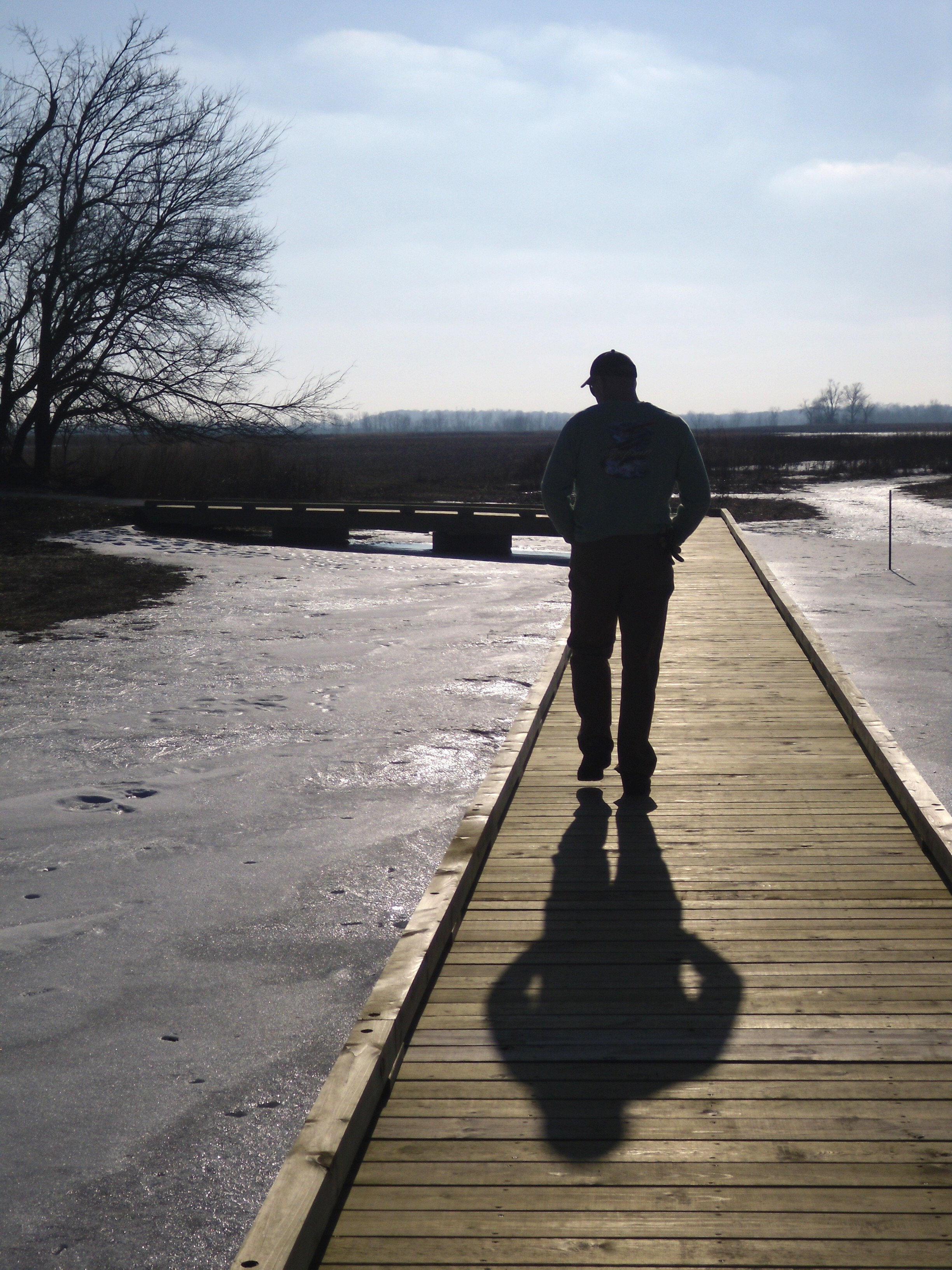Okay, this post will not teach you how to fake any foreign language. But by posing the challenge itself – by asking “what would it take to pretend you can speak a foreign tongue?” – you can learn a lot about how languages are used, interpreted and learned. So let’s get to it – here are four secrets to sounding good in all languages (even those you can’t speak yet!)
Wiktor (Vic) Kostrzewski (MA, DELTA) is an author, translator, editor and project manage based in London. When he works, he thinks about languages, education, books, EdTech and teachers. When he doesn’t work, he probably trains for his next triathlon or drinks his next coffee.
BRAVE Learning (formerly known as 16 Kinds) is a lifelong learning and productivity blog. If you enjoy these posts, please check out one of my books and courses.
My recent publications, and my archive, is now all available on my new project: PUNK LEARNING. Hope to see you there!






